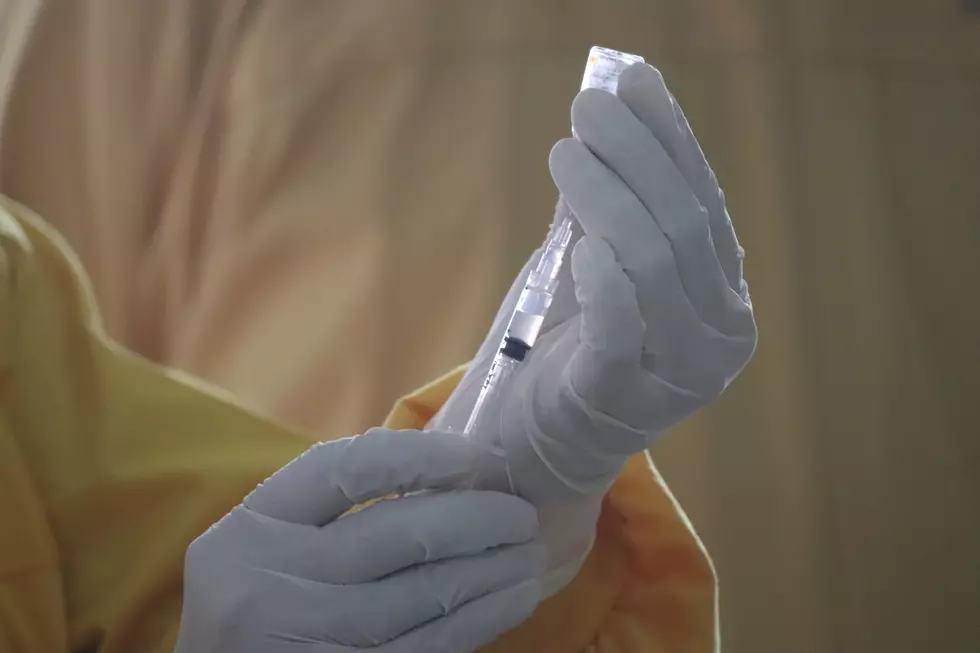
Norovirus: How To Recognize Symptoms and Prevent the Spread
It's no secret that this is the time of year for many a virus to hit. The flu is spreading like wildfire in some areas, and it seems everyone has had a sniffle or two, but there is one virus going around that spreads very quickly. It's called the norovirus, and your family might be at risk, especially if you have young children.
The norovirus, also known as the winter vomiting bug, is a virus that causes stomach upset, vomiting, abdominal cramps, and diarrhea. If you've ever heard stories of cruise ships being docked and sanitized because passengers started getting very sick, the norovirus is usually to blame. It is prevalent in any situation where people are in close quarters like cruise ships, day-cares and schools, and tight office settings.
According to the Iowa Department of Public Health's website:
Noroviruses (previously known as Norwalk-like viruses) are a group of viruses and are the most common cause of acute gastroenteritis in the United States. The most common symptoms of a norovirus illness include nausea, vomiting, diarrhea, and stomach cramps. Illness often begins suddenly but is often brief, with symptoms usually lasting 1 to 2 days. Dehydration may result in individuals with this illness, but the disease is self-limiting and there are no long-term health effects.
If someone in your family comes down with the illness, you need to take some precautions in order to not spread the virus to yourself and others.
- Wash hands with warm, soapy water for 20 seconds after using the bathroom or changing diapers and before preparing or eating food. Alcohol sanitizers have not been shown to be effective for killing norovirus.
- Immediately clean and disinfect surfaces in the household that have become contaminated with feces or vomit.
- Carefully wash fruits and vegetables, thoroughly cook oysters before consumption.
- Do not prepare food or work while ill.
There is no real treatment for the virus, as it usually just runs its course. One thing you do need to consider is to keep the sick person well hydrated and well rested.
More From 94.1 KRNA









